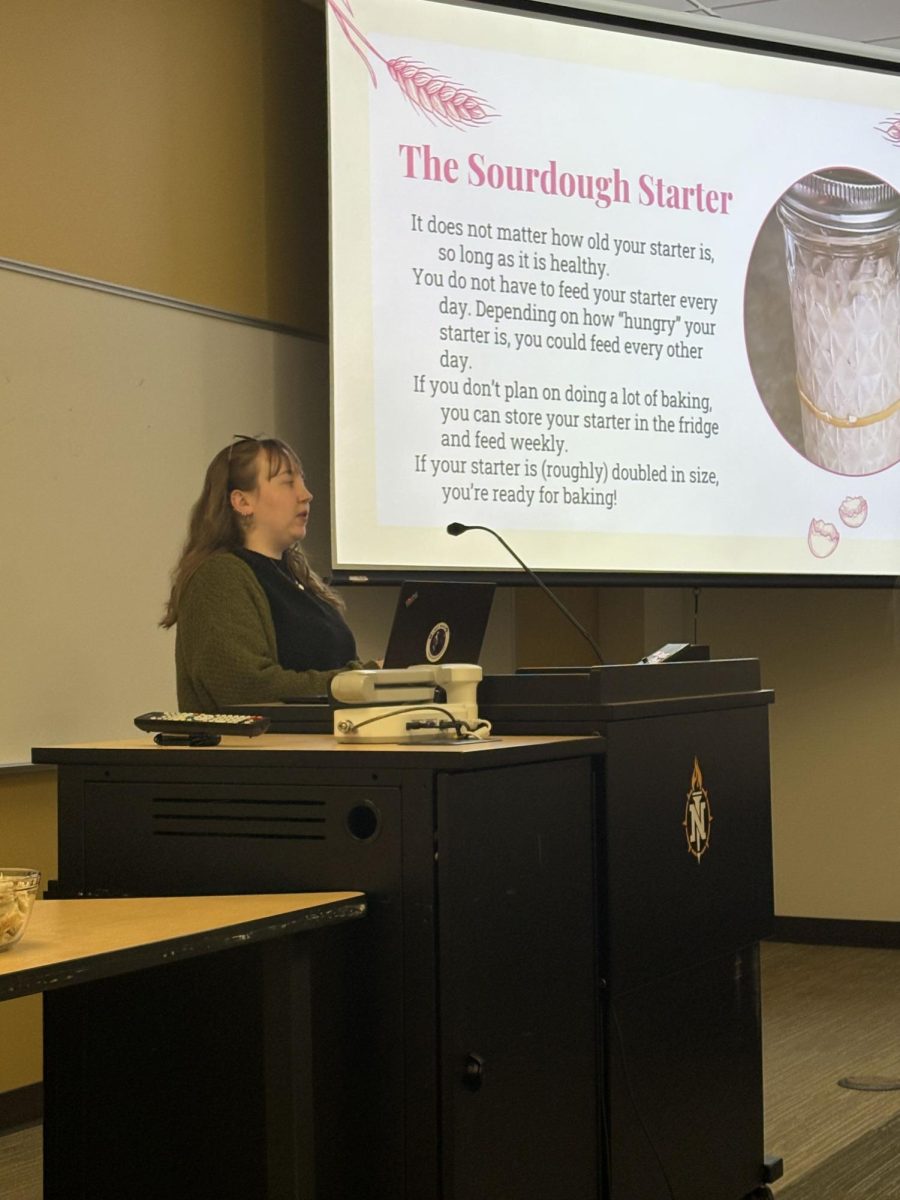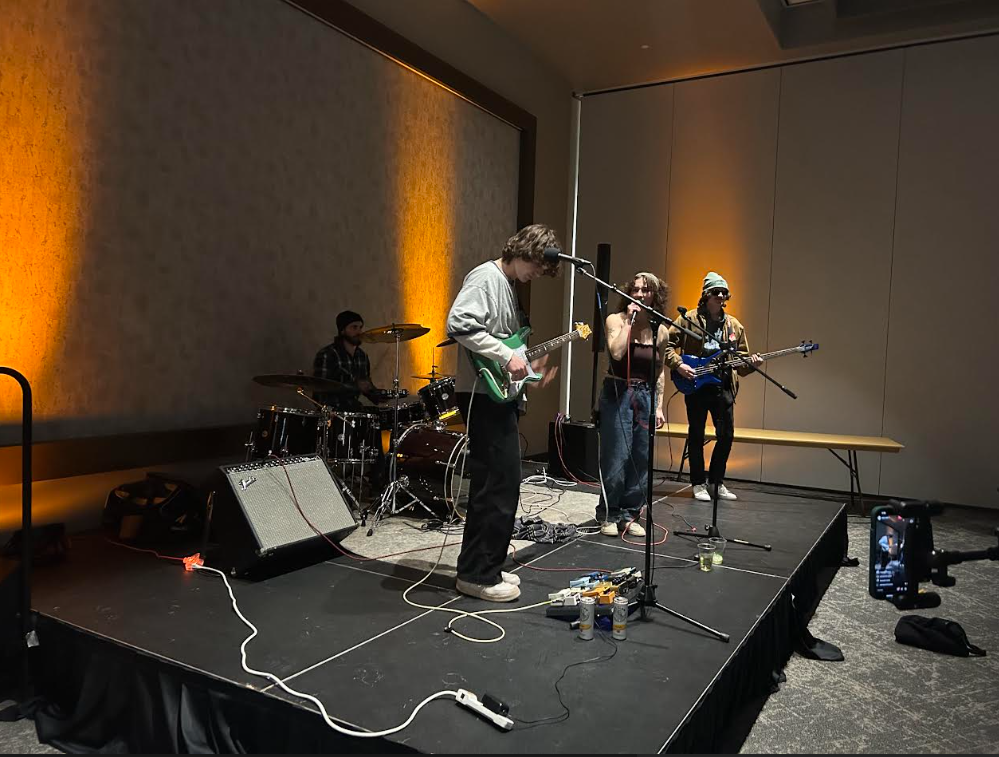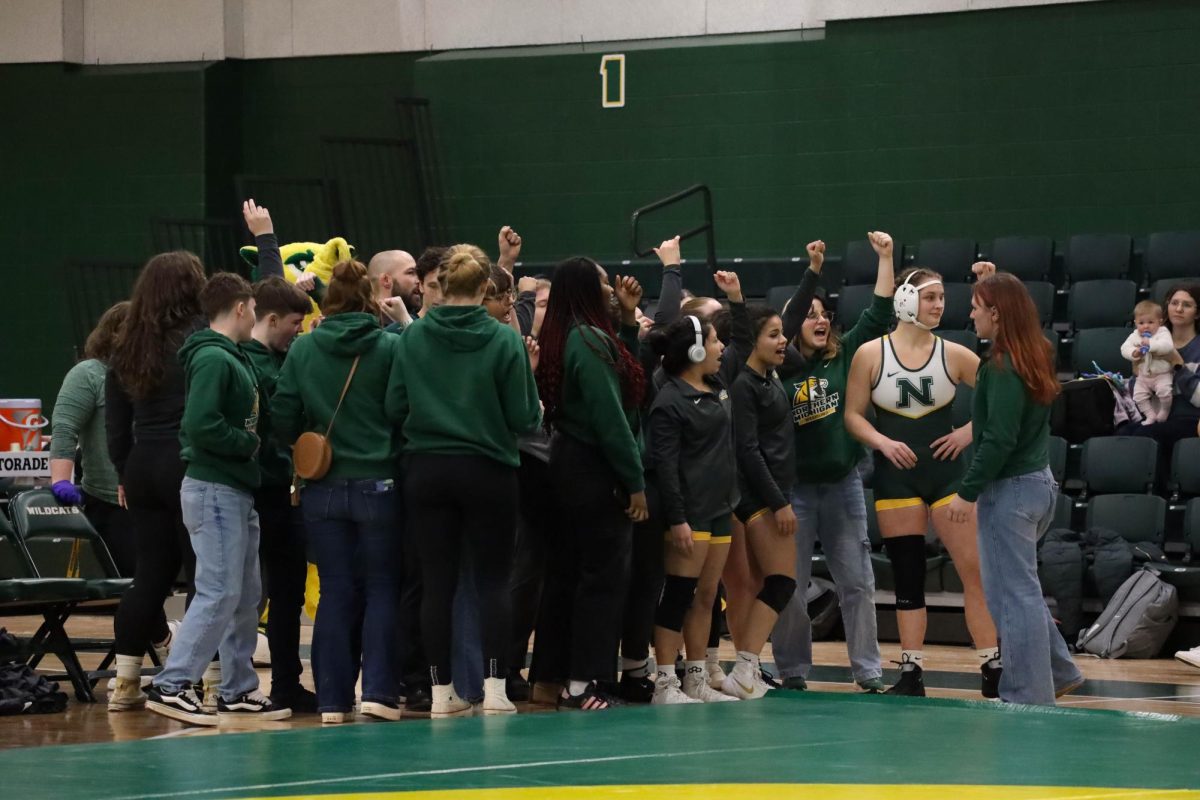Ben Stanley’s actions have demeaned the office of the ASNMU president, and he has demonstrated a lack of respect for policy and procedure. The students of Northern Michigan University deserve a president that represents them and gives voice to student concern.
Stanley’s latest scheme has been to attempt to create a non-voting position on the NMU Board of Trustees so that the ASNMU president can sit in on closed session meetings, a needless addition.
The ASNMU president already is allotted time to bring the concerns of the student body to the Board of Trustees. Obtaining a non-voting position for the ASNMU president is a waste of students’ time.
In Michigan, there is no other university that has a non-voting position for the president of the student government. Members of the Board of Trustees are appointed by the governor, and it is highly unlikely that the state will create such a position for the ASNMU president.
Stanley could be devoting his effort elsewhere to better represent his constituents.
This is not the first time Stanley has made a mockery of NMU’s student government. On April 9, Stanley was jailed for contempt of court after he failed to appear at a court date on Oct. 27, 2011. This set the precedent for Stanley’s continued disrespect of authority.
He was then quoted by this newspaper as saying, “[The incident] helped because many did not know what ASNMU was until this [Stanley’s jailing] happened.” This kind of fallacious logic is unacceptable.
Students should become aware of student government not by the scandals of its members but for the virtue of its purpose, to bridge the gap between students and the university.
This is the kind of representation the students of NMU have been receiving by the ASNMU president. He has smeared previous presidents and shows no indication that he is working for the benefit of the students, but only the furthering of his own ego.
If ASNMU’s main emphasis is on communication then maybe that communication should be with the students that elected ASNMU board members and not with the Board of Trustees during closed-session meetings.
























